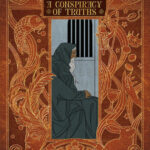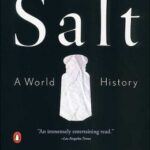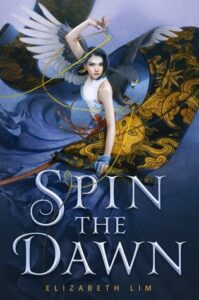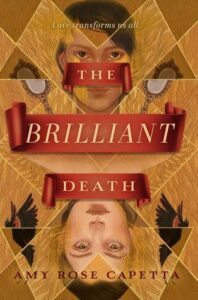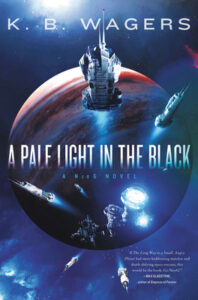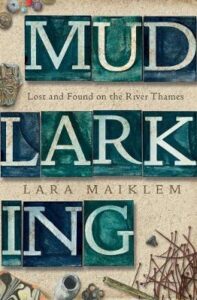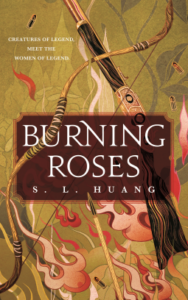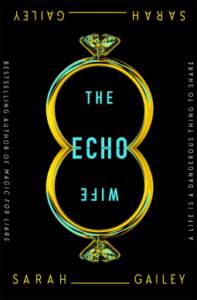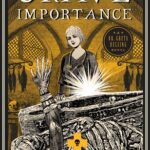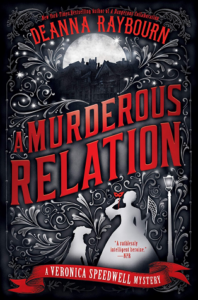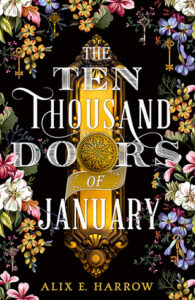 The Ten Thousand Doors of January, Alix E. Harrow
The Ten Thousand Doors of January, Alix E. Harrow
I confidently expected to love this book. January is a temerarious girl who grows up in the home of a very rich collector, shielded by his money and position from the judgement that might arise from her coloured skin in the US at the time. Her father is away constantly, searching for things for their benefactor, so January grows up in that house, lonely and browbeaten into becoming a good girl.
The “temerarious” thing and some of the narration constantly reminded me of The Girl Who Circumnavigated Fairyland In a Ship of Her Own Making, especially with the names of the protagonists (September, January). Perhaps it’s partly that constant obvious comparison that brought it down for me; I really, really love the Fairyland books, and all their bright and wondrous cast of characters, the joys and pains of growing up and falling in love. There was a fair bit of the same here in many ways, and it just didn’t make a niche for itself in my heart in the same way.
That being said, there were things I loved; Jane is really cool, and it’s beautifully written; whenever I picked this up I crammed it into my brain in big chunks. It just didn’t quite come to life for me: when I put the book down, I didn’t feel the immediate desperate urge to pick it back up. I actually took a month to read it, even though it was so easy and quick and more-ish once I was reading it. To some extent that’s January’s rather spoilt ways: raised in privilege, she thinks she’s so much better than she is — and then I didn’t believe her transformation at the end to being able to do whatever she set her mind to! In a way, I preferred the story within the story: Adelaide and Yule Ian.
It’s enjoyable, but it’s not a favourite for me. I can’t put my finger on why not, but… here we are.





